Japan's leading sleep experts warn that a national sleep deprivation crisis could have dire consequences for society.
In February, Japan announced new sleep guidelines for its citizens, recommending that infants aged 1-2 years old should sleep 11-14 hours a day, children aged 3-5 years old should sleep 10-13 hours, elementary school students should sleep 9-12 hours, and junior high and high school students should sleep 8-10 hours. Adults should sleep at least 6 hours and older adults should sleep no more than 8 hours a day.
Naohisa Uchimura, a professor at Kurume University and director of the Japan Sleep Research Society, said "the content of the guidelines is good, but the question is how to disseminate them to the Japanese people."
"After the war, Japanese people cut down on sleep time and spent more time studying, contributing to economic growth and improving education levels. Now they are paying the price. Average life expectancy is high but the number of healthy years is low, and happiness is also low. We need to rethink," said Mr. Uchimura.
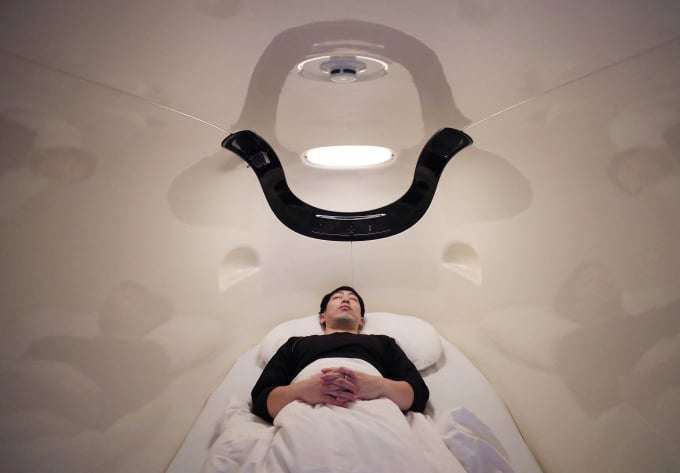
Customers test a service that measures human movement, snoring, and facial images while sleeping at a capsule hotel in Tokyo on May 16, 2022. Photo: AFP
A 2021 study by the Organization for Economic Cooperation and Development (OECD) found that the average Japanese person sleeps 7 hours and 22 minutes a night, the least among the 33 countries studied. 2019 data from the Japanese Ministry of Health showed that an average of 37.5% of men and 40.6% of women sleep less than 6 hours a night.
Another study conducted by the University of Tokyo and published in March concluded that Japanese elementary school seniors sleep 7.9 hours a night, junior high school seniors sleep 7.1 hours and high school seniors sleep 6.5 hours. This is much less than the minimum amount of sleep needed to ensure good health.
This is not the first time the Japanese Ministry of Health , Labor and Welfare has issued sleep guidelines. Previously, the 2014 guidelines listed 12 points, recommending "good sleep contributes to the prevention of lifestyle-related diseases", and urged people to improve sleep quality and ensure adequate sleep.
Dr. Masashi Yanagisawa, director of the International Institute of Sleep Medicine at the University of Tsukuba, said a comprehensive education program is needed to prevent the growing sleep deprivation among the population.
“The problem is education,” Yanagisawa said. “Too many people wish there were 28 hours in a day so they could do more, learn more, then go home, have more leisure time, and then finally go to bed. They think sleep is not important, which is a big mistake.”
He believes that people need to treat sleep "like a mortgage, prioritize it every day and get enough sleep." To do this, Dr. Yanagisawa suggests people "set aside 7-8 hours for sleep, then arrange other things like studying, work, and entertainment in the remaining time."
He warned that the consequences of not getting enough sleep include poor mental and physical health, and poorer work and school performance.
Experts believe that social pressure makes it harder for people to sleep. “For years, Japanese people have been told to study harder and work harder,” says Yanagisawa. “Diligence is highly valued, and there is pressure to be more diligent.”
According to him, the Japanese believe that people who sleep a lot are lazy and this thinking is ingrained in children's minds from an early age, meaning they "must sacrifice themselves" from a young age.
"I can say that the majority of Japanese students are sleep-deprived. This becomes something they take for granted for the rest of their lives," Yanagisawa said.
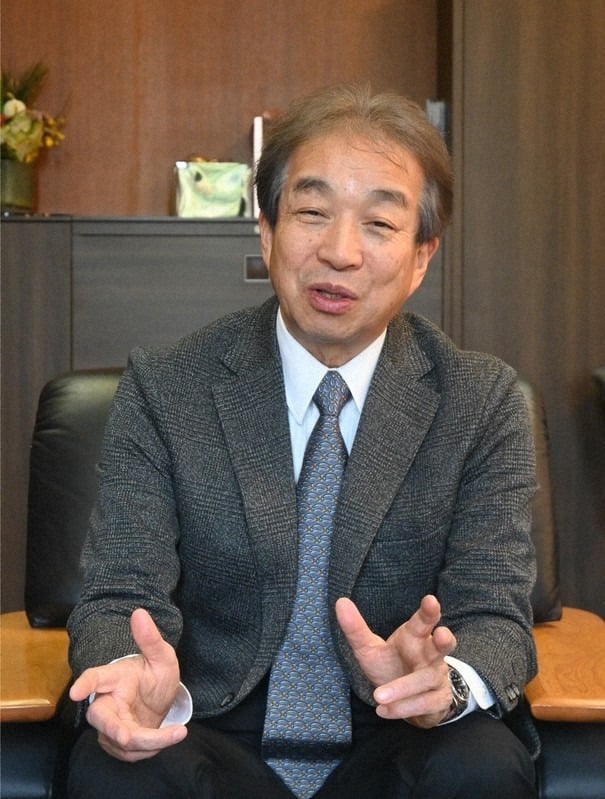
Professor Naohisa Uchimura was interviewed in January in Kurume, Fukuoka. Photo: Mainichi
Izumi Tsuji, a professor of cultural sociology at Chuo University in Tokyo, said that when he was a student, he “only slept 5-6 hours a night” because he had to study, listen to the radio or watch TV. Today, with social media being awash with information, there are even more factors that disrupt children’s sleep.
"At night, students are under pressure to study, but in my generation, the radio was always on, and after school, I wanted to do my own work, so I went to bed late every day," he admitted. "Of course, the next day at school, I was always sleepy."
Tsuji says things didn't get any better as an adult. He wanted to get eight hours of sleep, but never did. "There were so many things to do, whether it was housework or social work," he says. "I usually went to bed at midnight or 1 a.m."
Yanagisawa warns that lack of sleep is linked to depression, cancer, heart disease, immune system damage and infections, resulting in people losing the ability to control themselves. Lack of sleep also affects productivity, making people work less efficiently and more prone to mistakes.
Some studies have shown that lack of sleep can affect short-term memory and is linked to Alzheimer's disease. "I think the government is right to be concerned about people's lack of sleep because I'm very worried myself," Yanagisawa said.
Hong Hanh (According to Mainichi )
Source link


![[Photo] National Assembly Chairman Tran Thanh Man receives foreign ambassadors who came to say goodbye](https://vphoto.vietnam.vn/thumb/1200x675/vietnam/resource/IMAGE/2025/10/30/1761820977744_ndo_br_1-jpg.webp)
![[Photo] General Secretary To Lam attends the Vietnam-UK High-Level Economic Conference](https://vphoto.vietnam.vn/thumb/1200x675/vietnam/resource/IMAGE/2025/10/30/1761825773922_anh-1-3371-jpg.webp)
![[Photo] General Secretary To Lam meets former British Prime Minister Tony Blair](https://vphoto.vietnam.vn/thumb/1200x675/vietnam/resource/IMAGE/2025/10/30/1761821573624_tbt-tl1-jpg.webp)
![[Photo] The Third Patriotic Emulation Congress of the Central Internal Affairs Commission](https://vphoto.vietnam.vn/thumb/1200x675/vietnam/resource/IMAGE/2025/10/30/1761831176178_dh-thi-dua-yeu-nuoc-5076-2710-jpg.webp)
![[Photo] Touching scene of thousands of people saving the embankment from the raging water](https://vphoto.vietnam.vn/thumb/1200x675/vietnam/resource/IMAGE/2025/10/30/1761825173837_ndo_br_ho-de-3-jpg.webp)
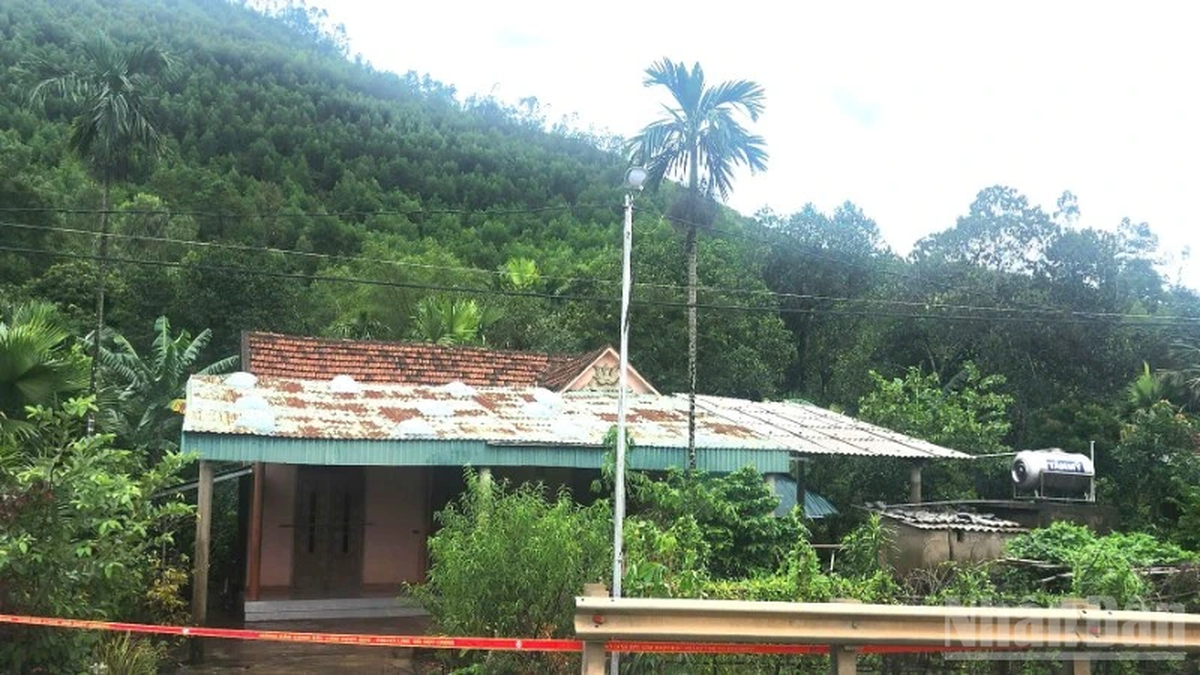
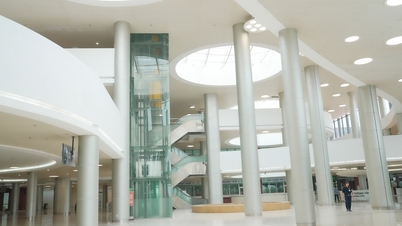







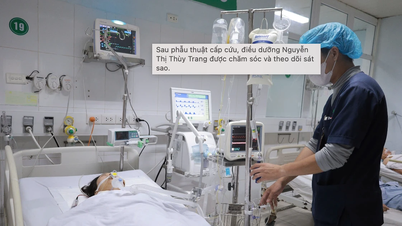




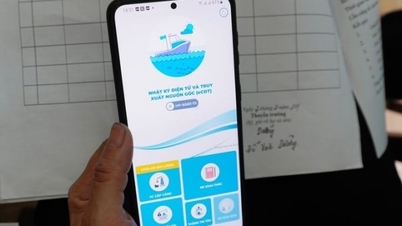
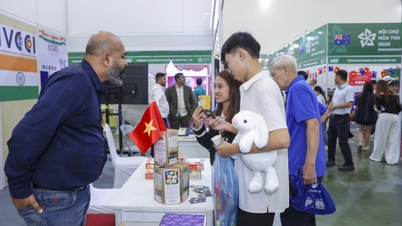
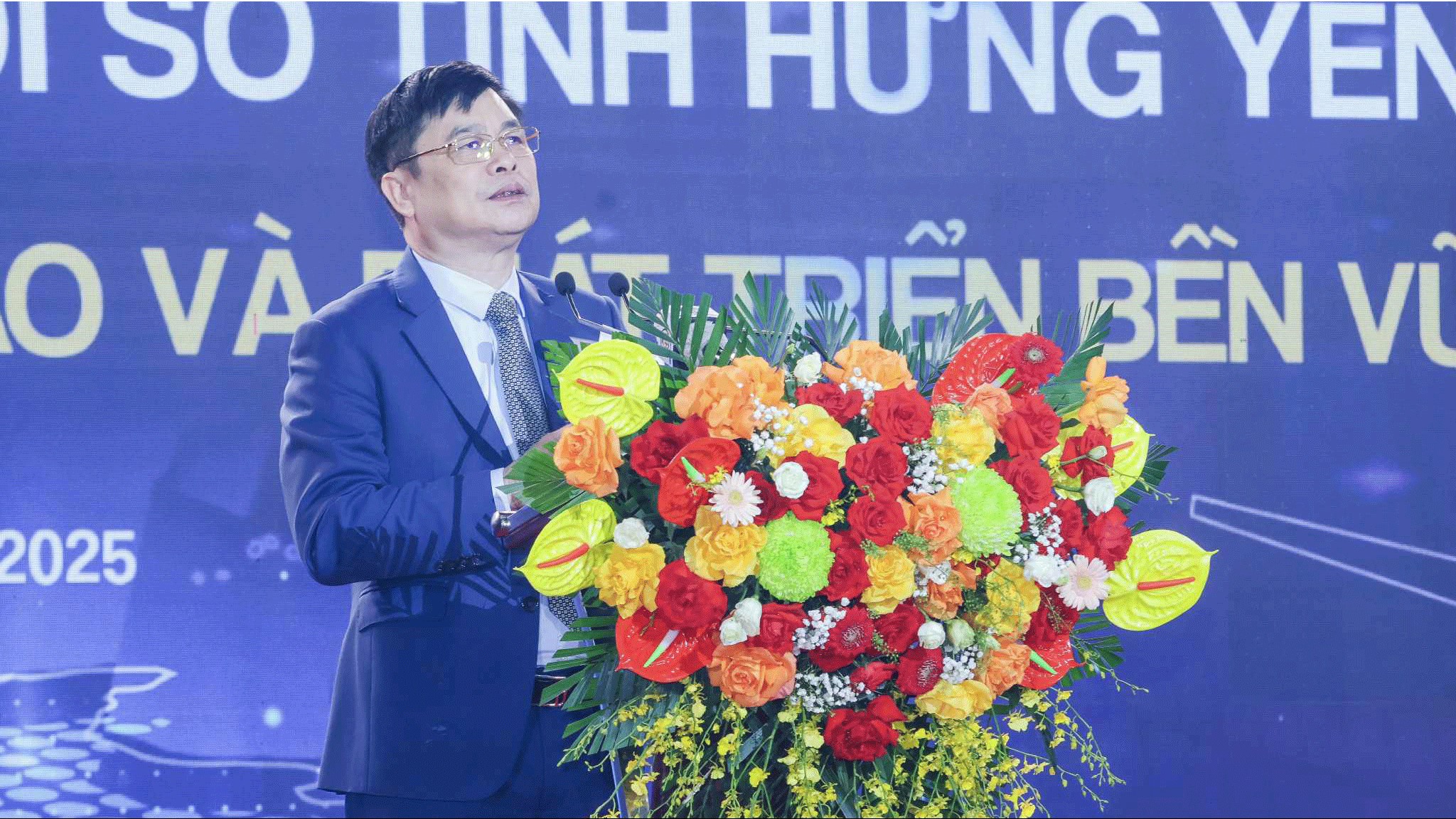
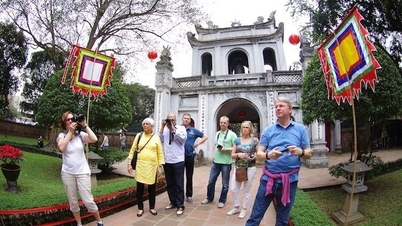

















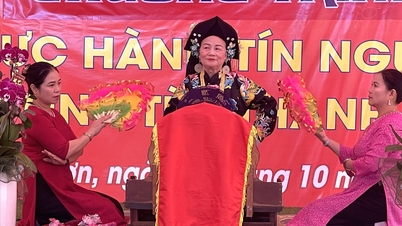





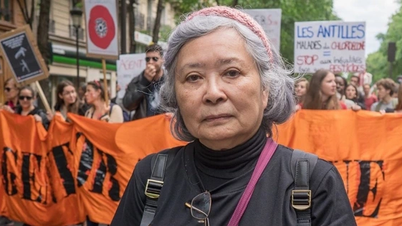

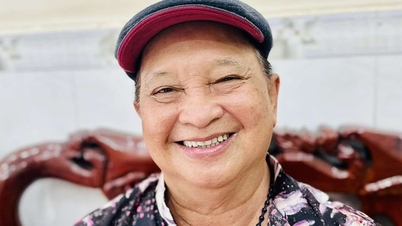

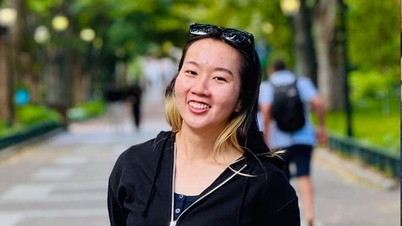

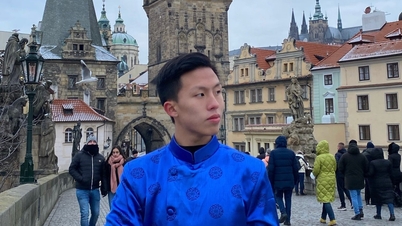

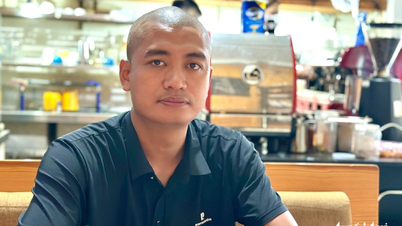

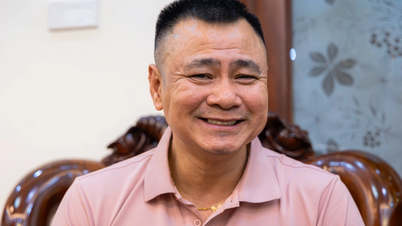




















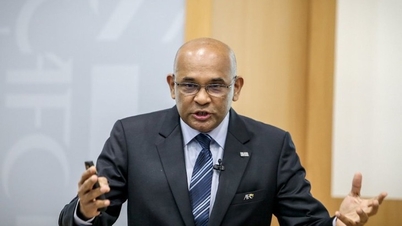

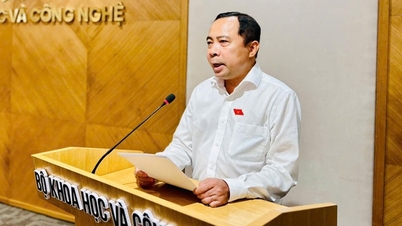




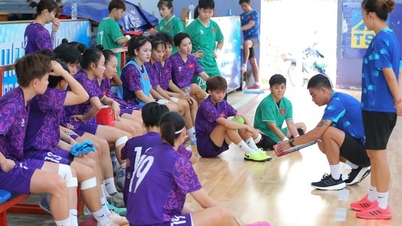
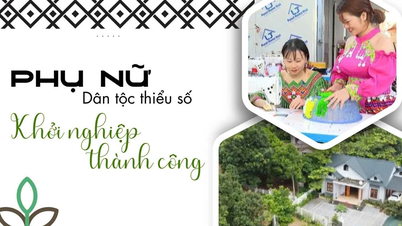



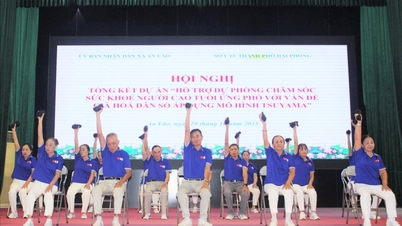


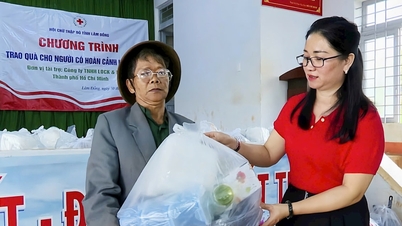














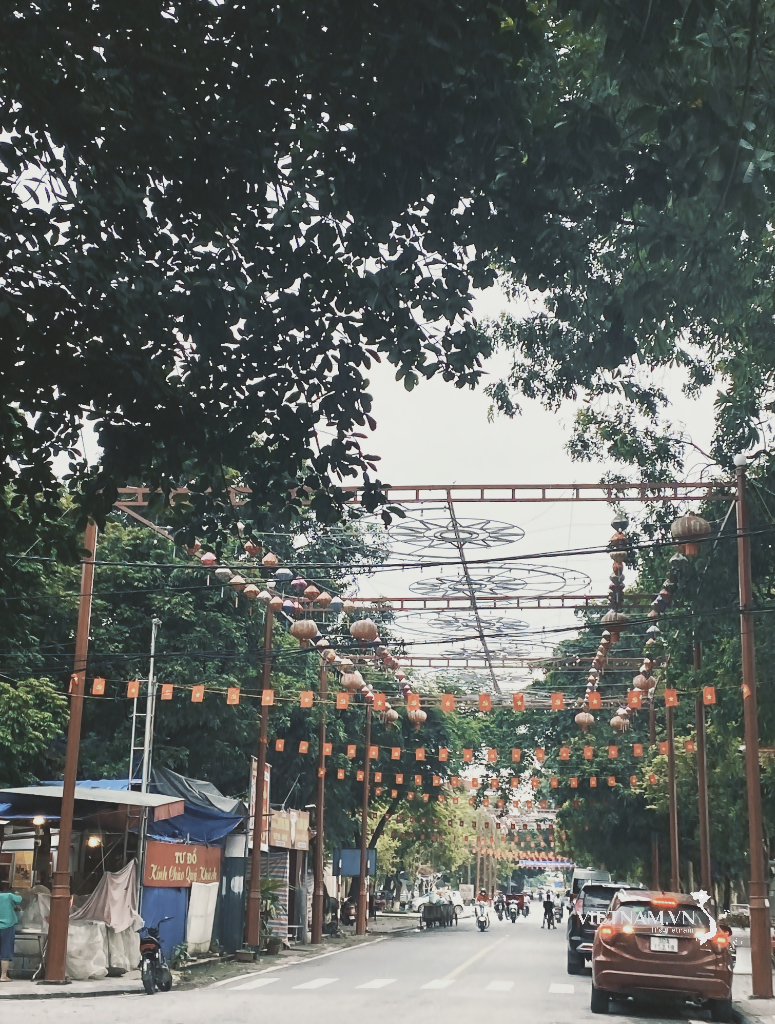


Comment (0)